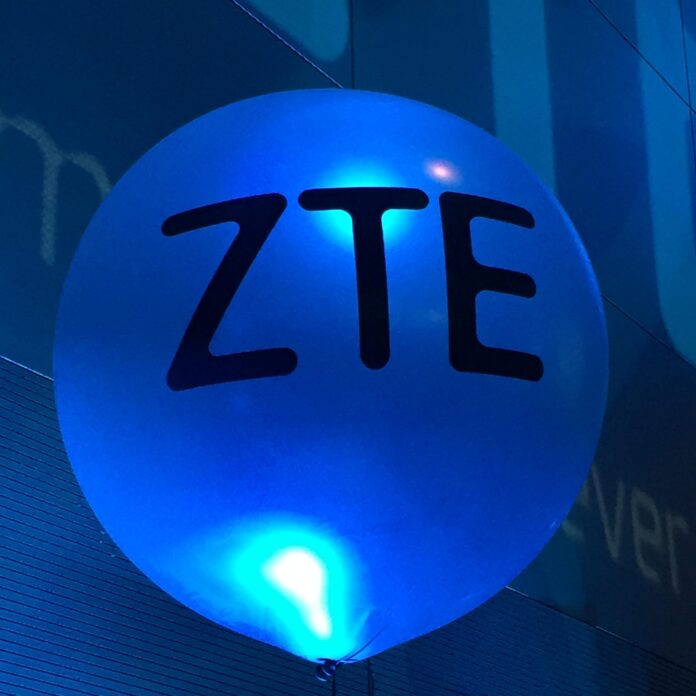Chinese vendor ZTE has opened a cybersecurity lab in Brussels, Belgium as part of the company’s efforts to provide transparency and cooperation with customers and other stakeholders.
ZTE said that the new cybersecurity facility will provide access to the external security verification of ZTE’s products, services and processes, and will facilitate the external cooperation in security field with stakeholders.
During the first half of this year, the company launched two other cybersecurity labs in Nanjing, China and Rome, Italy.
The Brussels cybersecurity lab provides four essential functions including source code review, document review, black box testing and penetration testing. In addition, ZTE said it will conduct in-depth research of the security field in the lab, in partnership with industry-leading security organizations. Moreover, the lab will play a significant role of guaranteeing the security of the company’s 5G solutions.
“ZTE’s original intention of the Cybersecurity Lab Europe is to provide global customers, regulators and other stakeholders with great transparency by means of verification and communication,” said Zhong Hong, ZTE’s chief security officer. “The security for the ICT industry cannot be guarded by one sole vendor, or by one sole telecoms operator. ZTE is willing to play an important role in contributing to the industry’s security along with its customers and all other stakeholders.”
ZTE’s President for Western Europe, Hu Kun, recently told RCR Wireless News that ZTE intends to create a unified platform connecting these three cybersecurity facilities.
“They are not isolated facilities. The labs in Rome and Brussels will be connected in real time with our cybersecurity center in China,” he said.
ZTE also said that the firm is committed to provide customers with end-to-end security products and services, by integrating security considerations and controls into every aspect of the product’s life cycle.
Zhong Hong had also told reporters during Mobile World Congress 2019 Barcelona that these security labs are an open and cooperative platform for the industry. He also said that the vendor plans to gradually achieve the cybersecurity goals through three steps: first, meeting the requirements of cybersecurity laws, regulations and industry standards as well as certification schemes; second, conducting an open dialogue to enhance transparency and establishing cooperation with customers as well as regulatory agencies; and third, sustaining the open cooperation mechanism to contribute to cybersecurity standardization.
In these labs, customers will also have access to important technical documentation of ZTE products and services. The labs will also provide manual and automated security testing of the vendor’s products and services.
In order to achieve an end-to-end secure delivery of products and services, ZTE said it integrates security policies and controls into every phase of its product lifecycle, which establishes a cybersecurity assurance mechanism covering areas such as product development, supply chain and manufacturing, engineering services, security incident management and verification and audits.

